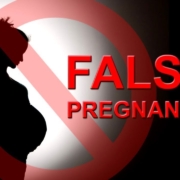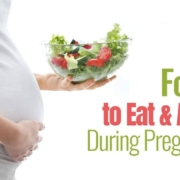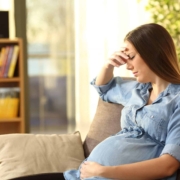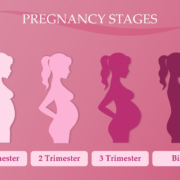Having A Baby at 40: Risks and Benefits You Need to Know
In recent years, it has become increasingly common for individuals to consider starting or expanding their families in their forties. While having a baby at 40 can be a joyous and rewarding experience, it’s important to understand the potential risks and benefits associated with late pregnancy. This article provides a comprehensive overview of what you need to know if you are contemplating this significant life choice.
Understanding the Risks
Increased Medical Concerns
One of the most discussed aspects of having a baby at 40 is the increased risk of medical complications. These can include higher chances of gestational diabetes, high blood pressure, and pre-eclampsia. All of these conditions can pose significant risks to both mother and child and typically require close medical supervision.Genetic Risks
The risk of chromosomal abnormalities, such as Down syndrome, also increases with maternal age. According to the Down Syndrome Association, the risk of having a child with Down syndrome is approximately 1 in 100 at age 40, compared to 1 in 1,500 at age 20.Fertility Challenges
Fertility naturally declines with age, and women in their forties may find it harder to conceive. This is often due to a decrease in the quantity and quality of eggs. Many turn to fertility treatments, such as IVF, which can be costly and physically demanding.Considering the Benefits
More Stability and Experience
Many people in their forties are more financially and emotionally stable compared to their younger counterparts. This stability can provide a solid foundation for raising a child. Additionally, older parents often bring more life experience and patience, which are invaluable in parenting.Increased Support Networks
Older parents often have stronger, more established support networks. These can include relationships with healthcare providers, long-term friends, and community connections that can provide support and resources throughout the parenting journey.Better Health and Lifestyle
Many 40-plus individuals are more conscious of their health and lifestyle choices. This awareness can lead to healthier pregnancies, as older parents are often more committed to maintaining optimal health to support a healthy pregnancy.Planning for Pregnancy After 40
Consult with Healthcare Professionals
Before deciding to conceive, it is crucial to consult with healthcare professionals. They can provide a preconception checkup, offer genetic screening, and discuss fertility treatments if necessary.Consider Prenatal Testing
Advanced maternal age increases the recommendation for comprehensive prenatal testing. Tests such as amniocentesis or chorionic villus sampling (CVS) can provide information about the baby’s health and development.Embrace a Healthy Lifestyle
Maintaining a healthy lifestyle is essential, including eating a balanced diet, exercising regularly, and avoiding harmful substances. These habits can significantly affect both fertility and pregnancy health.Conclusion: A Well-Informed Decision
Having a baby at 40 is a decision that comes with unique challenges and rewards. While the risks associated with late pregnancy should not be underestimated, the benefits of increased life experience and stability can contribute to a positive parenting experience. By being well-informed and carefully preparing for the journey ahead, many find that having a baby at 40 is not just feasible but deeply fulfilling.Reference:
- American College of Obstetricians and Gynecologists (ACOG) – Later Childbearing – ACOG provides comprehensive information on the risks and precautions associated with having a baby later in life.
- March of Dimes – Age and Fertility – This page offers insights into how age affects fertility and pregnancy, as well as steps to take to maximize health for mother and baby.
- National Down Syndrome Society – Prenatal Down Syndrome Screening and Diagnosis – This resource provides detailed information on the risks of chromosomal abnormalities with increased maternal age and available screening methods.
- Mayo Clinic – Pregnancy after 35 – Mayo Clinic discusses the medical risks and benefits of pregnancy after 35 and provides tips for a healthy pregnancy.

 ToronTek
ToronTek

 ToronTek
ToronTek 





 ToronTek
ToronTek
Leave a Reply
Want to join the discussion?Feel free to contribute!